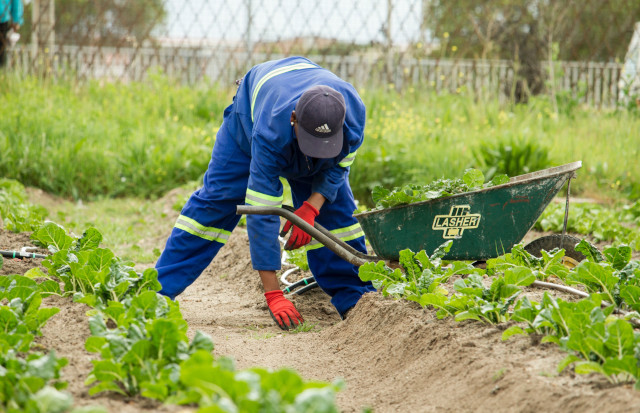Life After Brexit - Consequences for you
22 February 2020


Brexit consequences for you and your business
The UK’s exit from the EU will be an important change to our economy and trading. Obviously, this might affect you and your business, and you may need to make changes in the next few months.
It makes sense to analyse and track every element of your trade with the EU and start to consider how this might change at the end of the transition period.
Please note that as a result of changes to our relationship with the EU, our trading relationships with other countries might change after Brexit as well. It’s important to consider how your business might be affected.
The Withdrawal Agreement
We have now entered the transition period which ends on 31 December 2020. During this time, the UK is to negotiate a new trade agreement with the EU to sort out our long-term relationship.
If no agreement is reached, the transition period could end without a new trade deal in place – and the UK could revert to World Trade Organisation rules (WTO) covering trade with EU countries.
The government has already said it will not extend the existing transition period.
In the meantime, the transition period means virtually nothing has changed. Even though the UK is no longer a member of the EU, it will continue to abide by its rules until the end of 2020. This includes trade and the free movement of people between member states.
This gives us time to get organised for the future. The Withdrawal Agreement does set out some steps we must prepare for.
Do you have customers in Northern Ireland?
 Any SME that trades with Northern Ireland should study the Withdrawal Agreement as special provisions apply to trade and borders.
Any SME that trades with Northern Ireland should study the Withdrawal Agreement as special provisions apply to trade and borders.Under the Agreement, the whole of the UK – including Northern Ireland – will be a single customs territory and apply the same tariffs on imports. However, at the same time, Northern Ireland alone will continue to be part of the EU’s customs rules for trade with the Republic of Ireland, with no tariffs or restrictions on goods crossing the border in either direction.
This means there is no need for a hard border on the island of Ireland itself but the EU reserves the right to charge tariffs on certain goods moving into the EU from other parts of the UK.
So any goods which are deemed to be “at risk” of moving into the EU after crossing into Northern Ireland from the mainland may require customs checks and controls on goods crossing from the UK to Northern Ireland. See the Government website for full details.
Importing/Exporting generally
Currently, when UK businesses buy and sell goods in the EU today, they’re not treated as imports or exports since the Customs Union means there are no trade borders with other member states.
This will no longer be the case at the end of the transition period and businesses will need a reference number to continue trading – an Economic Operator Registration and Identification (EORI) number.
If you import goods from the EU, you can also register for and use Transitional Simplified Procedures (TSP), to get extra time to send in your customs documentation. You’ll need an EORI number, starting with GB, to apply for TSP.
If you import goods from the EU, you should also familiarise yourself with VAT rules and check the duty you’ll have to pay on items you bring in to the UK.
You can find more information on www.gov.uk/transition.
Employees
 If your company employs EU workers, they have until 30 June 2021 to apply for settled status – effectively permission to continue living in the UK – as long as they are living in the country by 3 December 2020. You might wish to check if they have applied for this settled status or what their plans are. You could also see if they need support to complete their application.
If your company employs EU workers, they have until 30 June 2021 to apply for settled status – effectively permission to continue living in the UK – as long as they are living in the country by 3 December 2020. You might wish to check if they have applied for this settled status or what their plans are. You could also see if they need support to complete their application.Thinking ahead to future employees, make sure you familiarise yourself with the new rules and consider if you need to change your employment approach to meet the needs of your business.
Bear in mind too that similar restrictions are likely to apply to any UK residents you may employ in another EU member state. Consider if any new regulations apply to their travel between the EU and UK, such as visa requirements.
No Deal?
If a free trade agreement has not been agreed at the end of the transition period, the UK will leave the EU with no trade deal in place. Under this scenario, it will revert to WTO rules for trading with EU member states.
We at Everyday Legal will endeavour to keep on top of changes as and when they happen and keep posts up to date.
John Davies
22nd February 2020
